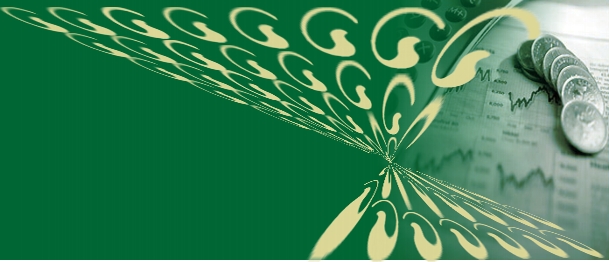Mr. Chugh further informed that the hardware capabilities had been improved and RBI may not require 5 grids even for such large volume. Though it was observed that electronic transactions had an adverse impact on physical cheque processing which indicates the success of the electronic payment system. It is expected that by September 2012 the CTS 2010 cheque standards will be implemented by all the banks across the country. It was further elaborated that RBI had two systems running parallel at the moment. First was the express system where no truncation was involved and the other one was CTS where image was truncated through electronic systems and transmitted to one of the CHS. Therefore, it would be possible that instead of having five grids as contemplated earlier only 3 grids may suffice as the related hardware was capable of handling the volumes. It is however recognized that in CTS, presenting bank has to do the entire job, which entails risks. On a question on fake cheques, Mr. Chugh explained that in India fake cheques were presenting bank’s responsibility.
On the mobile banking front RBI had removed all the restrictions on the value since mobile and internet banking were similar communication channels with the bank.
On various e-banking channels, Mr. Chugh informed that there were 90,000 ATMs in India. Around 700 million people did not have access to this facility. The government was trying to perform reverse e-auction buying 50,000 ATM machines from the public sector banks. This entails a charge i.e. interchange fee on ATMs such as Rs. 18 to 20 fixed by VISA. RBI was trying to further reduce the fee to Rs.10 or 12. RBI had recently allowed non-bank financial institutions with a net worth of at least Rs.1 billion to install White Label ATMs. The cash management and customer redressal were with the sponsor bank. Under RBI regulations the first five transactions are free for the customers while for the remaining transactions, the banks are free to charge or not to charge. The overall objective was to facilitate poor people especially living in the rural areas.
On the Rupay Card Mr. Chugh said that the initiative was taken by NPCI which is being run by the banks. This measure had been taken in view of very high fees charged by Mastercard and VISA.
Mr. Chugh concluded his presentation by briefly touching on other developments. He informed that India was a part of SWIFT Co-operative Oversight Group set by CPSS. RBI had, in principle, granted approval to SWIFT to conduct domestic financial messaging. A report had been published on the principles for Financial Market Infrastructure and RBI had now also established a working group on innovation in the Retail Payment Systems.
On a query whether RBI anticipated queuing problem in RTGS because of 1100 clearing houses across the country, Mr. Chugh explained that there were around 10 million transactions in an hour but the overall capacity was around four times and with the CTS, such problems were not anticipated.
|

